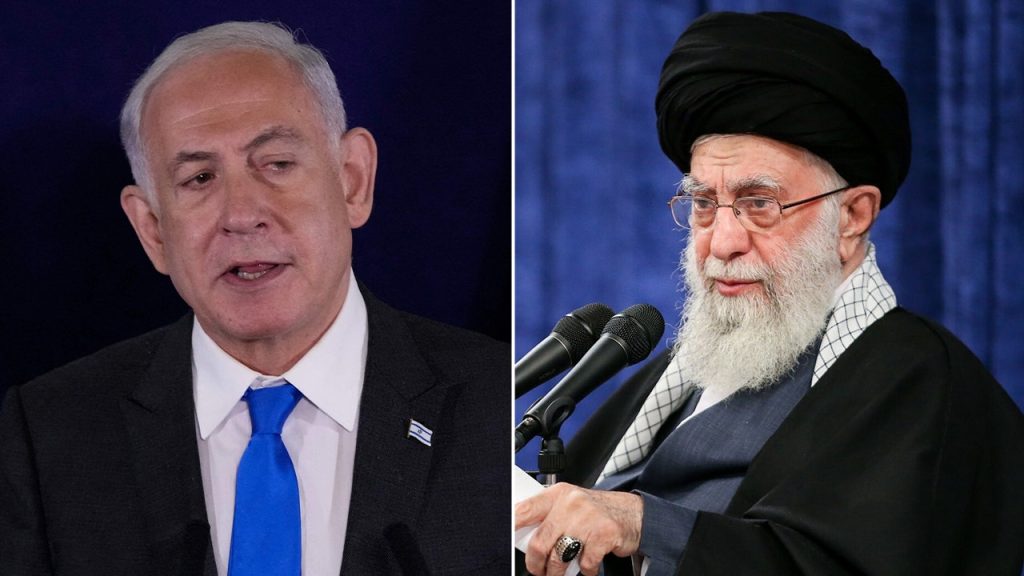Iran recently issued a statement through its United Nations mission in New York, suggesting that Israel could prevent further escalation in the conflict by considering it “concluded.” Iran claimed that its military action in response to an attack on the Iranian consulate in Damascus was conducted under Article 51 of the UN Charter for legitimate defense. The statement warned Israel of the possibility of a stronger response if another mistake is made, emphasizing that the conflict is between Iran and Israel, and the U.S. should not interfere.
In response to an attack on the Iranian consulate in Damascus, Iran launched three waves of projectiles, including suicide drones, cruise missiles, and ballistic missiles, at Israel. The attack, which killed seven high-ranking Islamic Revolutionary Guard Corps members, was attributed to Israel, although no official claimed responsibility. Iran’s actions have raised concerns regarding the protection of embassies and consulates, particularly with the U.S. and Israel. Past incidents, such as the bombing of the U.S. Embassy in Beirut in 1983, have been attributed to Iran and its allies like Hezbollah.
Recent events have highlighted Iran’s involvement in attacks against Israel, with an Argentine court determining that Iran, with Hezbollah, was responsible for bombings in 1994. The history of Iranian aggression dates back to the seizure of the U.S. embassy in Tehran in 1979 during the Iran Hostage Crisis, which affected President Jimmy Carter’s popularity. Russia attempted to condemn Israel for the Damascus strike at the United Nations, but the United States, Britain, and France opposed the statement, citing unclear facts and a lack of consensus among members of the Security Council.
Attempts to pass a motion condemning Israel for the attack on the Iranian consulate were blocked by the United States, Britain, and France at the United Nations. Russia and Iran criticized the Security Council members for failing to adopt the statement, with Russian Foreign Minister Sergey Lavrov referring to the incident as a “political killing.” The situation remains tense, with the possibility of further escalation if Israel makes another mistake, according to Iran’s warning. The conflict between Iran and Israel remains a significant concern for regional stability.
The ongoing tensions between Iran and Israel have been exacerbated by recent attacks and counterattacks, with both sides engaging in military actions. Iran’s use of drones, cruise missiles, and ballistic missiles in response to the attack on its consulate in Damascus has raised concerns about the potential for further violence. The history of Iranian involvement in attacks against embassies and consulates, as well as its support for groups like Hezbollah, adds to the complexity of the situation.
The involvement of multiple countries and the differing perspectives on the conflict between Iran and Israel make it challenging to find a resolution. The United States, Russia, Britain, and France have all taken varying positions on the recent attacks and the response from Iran. The diplomatic tensions at the United Nations highlight the need for dialogue and cooperation to prevent further escalation and promote stability in the region. The situation remains volatile, with the risk of a more severe response from Iran if Israel makes another move. It is essential for all parties involved to seek peaceful resolutions and avoid further violence in the conflict.













